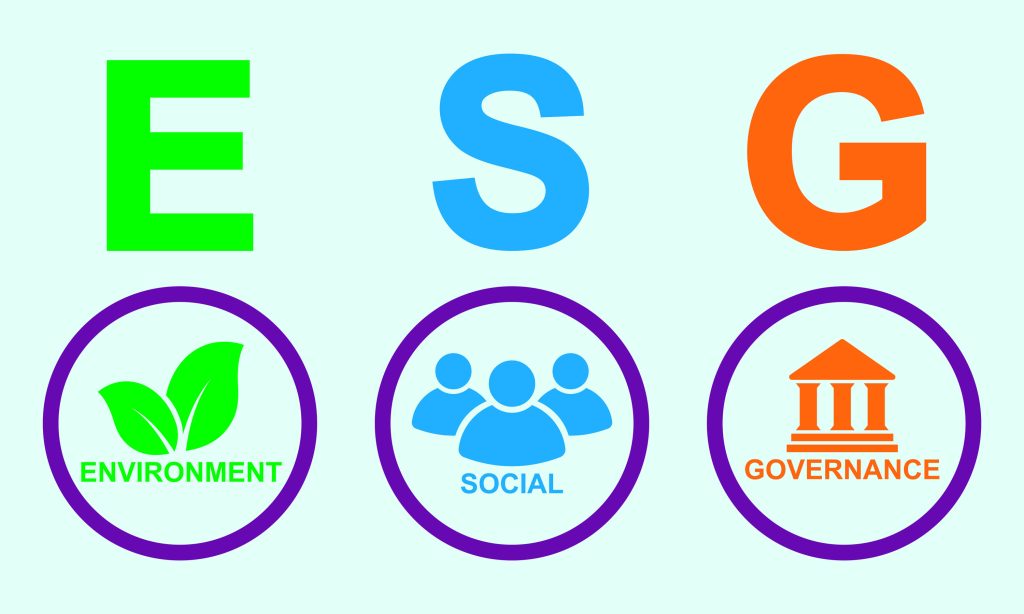
- ESG has become a prominent concern for businesses due to increasing demands from customers and investors for transparent ESG reporting.
- Despite the alignment between quality and sustainability, the 2023 ASQE “Insights on Excellence” report reveals a gap in linking ESG initiatives to quality management.
- With their expertise in process improvement methods such as Lean and Six Sigma, quality professionals significantly impact sustainability.
ESG has become a prominent concern for businesses due to increasing demands from customers and investors for transparent ESG reporting. The European Union’s Corporate Sustainability Reporting Directive (CSRD) has made such reporting a legal obligation for large organizations, indicating a trend towards mandatory compliance similar to that seen with ISO 9001 certifications.
The historical development of ESG is traced back to the environmental movements of the 1960s and 1970s, leading to significant milestones such as the UN Brundtland Commission’s definition of sustainable development in 1987 and the introduction of the triple bottom line model by John Elkington in the 1990s. This model, focusing on people, profit, and the planet, underpins sustainability frameworks like the UN’s Sustainable Development Goals (SDGs). The evolution of ISO standards, including ISO 14001 for environmental management and ISO 26000 for social responsibility, reflects the integration of sustainability into quality management systems.
Despite the alignment between quality and sustainability, the 2023 ASQE “Insights on Excellence” report reveals a gap in linking ESG initiatives to quality management. Many organizations fail to leverage quality professionals and robust quality management systems (QMS) to meet ESG requirements. The report suggests that quality departments play a minor role in ESG reporting, often handled by regulatory compliance and sustainability departments. However, true value lies in improvements driven by quality knowledge rather than compliance and reporting.
Sustainability and profitability are not mutually exclusive; investing in sustainability leads to cost savings and prepares organizations for future regulations and customer demands. With their expertise in process improvement methods such as Lean and Six Sigma, quality professionals significantly impact sustainability. To enhance their contribution to ESG, quality professionals should familiarize themselves with ESG terminology, adapt their approaches to their organization’s status, and focus on impactful actions within their operations. Integrating quality management into ESG efforts can contribute significantly to global sustainability goals.
Read the full article (requires free login credentials)


Leave a Reply
You must be logged in to post a comment.